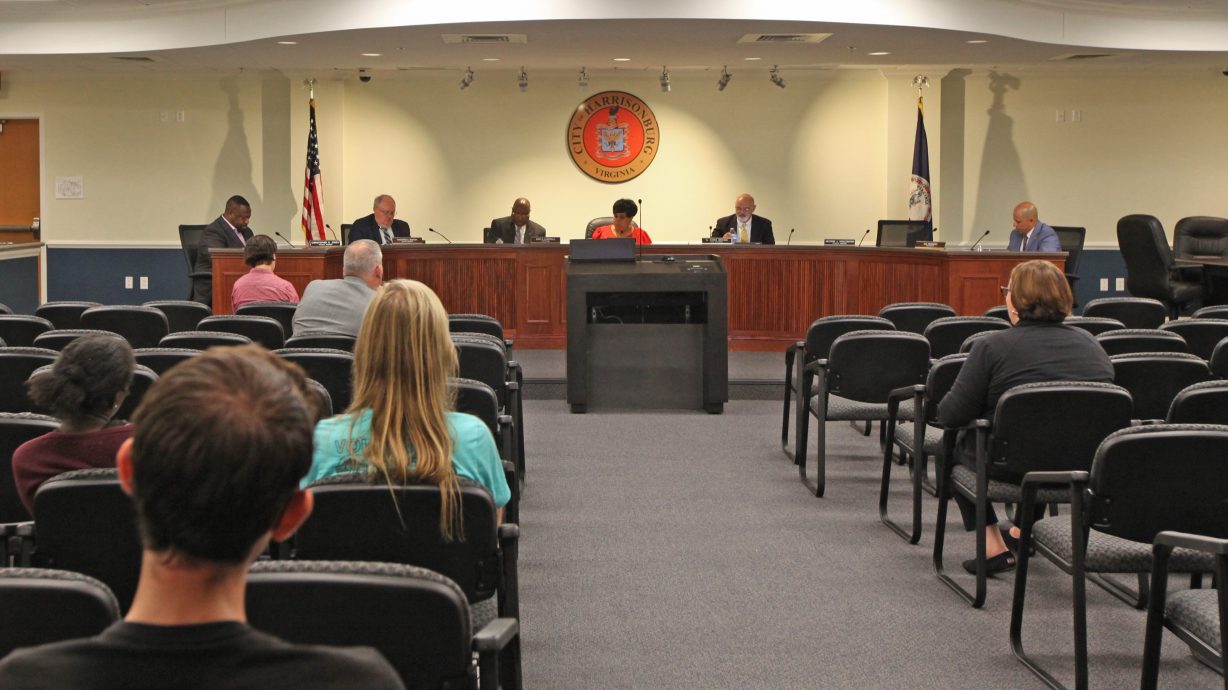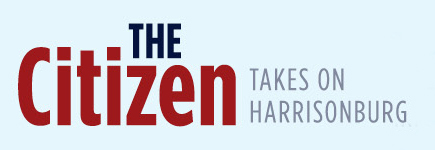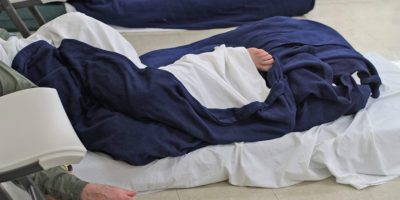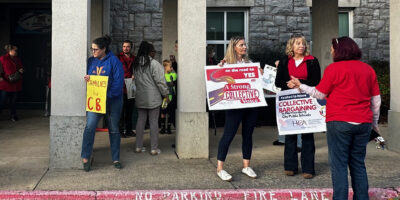
By Calvin Pynn, contributor
The Harrisonburg City Council is considering changes to the zoning ordinance that would allow group homes in the city’s residential areas for people recovering from alcohol and drug addiction.
The proposed amendments would strike the existing definition of “families” in the ordinance and break it down into more specific categories, with the addition of “recovery residences” as a defined use.
Aspects of the proposed amendment, however, prompted council members to postpone any action on the changes until the language is clarified.
Adam Fletcher, the city’s Director of Community Development, presented the proposed amendments to council at their Tuesday night meeting.
“This has to do with creating opportunities for folks that are in recovery to live together in a unit as a single family type of arrangement while they work on their recovery efforts,” Fletcher said.
The process started in summer 2022 when the city issued violation letters to multiple units in Harrisonburg identified as Oxford Houses – a network of independent, cooperative sober-living homes across the U.S. The units had more residents living there than the ordinance allowed.
Fletcher said there are currently three properties in Harrisonburg associated with the Oxford House, with another unnamed organization planning to establish a similar recovery residence program.
“The fact that our ordinance did not have a specified reasonable accommodation process or program is really what brings us to this conversation,” Fletcher said.
City staff then began conversations with the Oxford House and their attorneys, who requested reasonable accommodations based on the Federal Fair Housing Act because addiction is recognized as a disability under federal law.
The changes, if approved, would amend multiple sections in the zoning ordinance to allow more than eight people to live at one residence through a special use permit. Recovery residences are defined in the proposed amendment as a unit occupied by multiple unrelated adults seeking recovery from chemical dependency, as well as any number of minor dependents of those residents.
Despite supporting the purpose behind recovery houses, several council members said they were concerned about the possibility of children living alongside adults in recovery.
“I know this recovery model works, but I am concerned about when you are putting children in a place with other people that are not their family,” Mayor Deanna Reed said. “If you know me, you know I’m going to have a problem with this.”
Council member Monica Robinson said living alongside adults in recovery could potentially be a traumatic environment for children.
“I’m looking at this as a safety concern, when you’re looking at something for mental illness and substance abuse,” Robsinson said. “I don’t know if it’s a good mix for children to be involved in to be potentially harmed, and not in a way that’s always physical, but more mental, or traumatic in the long term.”
Council member Chris Jones expressed a similar sentiment, citing his own experience as a parent and the discretion needed during children’s formative years.
“Someone else’s recovery could turn into abuse to a child later on just from the images impressed upon them, and I think we’ve got to remember that,” Jones said. “I just want to make sure we have as much foresight as we can to avoid creating another issue in the future.”
The proposed amendments underwent several revisions in Harrisonburg’s Planning Commission before coming in front of the city council. Vice Mayor Laura Dent, who also serves on the planning commission, participated in those conversations.
“What came up in Planning Commission was the potential to discriminate [against] women with children or, generally, parents with children, so that’s why we requested staff to make that amendment,” Dent said.
Several people spoke about the issue during a public hearing. City resident Anthony Bopp urged the council to consider the safety of the residents at the recovery houses with specific concern over the fact that, under the Oxford House model, professional counselors would’t be required to be on the premises.
“I don’t understand how that’s consistent with the recovery process,” Bopp said. “Recovery houses ought to have some kind of counseling service available to the residents.”
Nicky Fadley, the founder and executive director for Strength In Peers, told the council that her organization has been working to establish recovery houses in Harrisonburg since 2019.
“The model of recovery housing we are interested in is an evidence-based practice, and there is a slew of scientific evidence showing that these types of house have positive outcomes for individuals who want to recover from substance use and alcohol dependency,” Fadley said. “These things are really necessary, and missing to a high level here in the city of Harrisonburg.”
Council member Dany Fleming suggested looking to other Oxford Houses across Virginia for guidance on how to implement recovery services in Harrisonburg, specifically regarding minors living with adults recovering from addiction.
“There’s like, 260 or so Oxford Houses, and there are 28 in our region, Winchester and Charlottesville have them,” Fleming said. “I don’t have the answer based on what’s happening around the state.”
Reed agreed.
“Nobody has an answer, but we need an answer if that’s a concert of ours,” Reed said. “I’m not against recovery, I know the work that Strength In Peers does, but I am concerned about that one piece.”
The council voted unanimously to table the issue to a later meeting while the city staff gathers more information on the best practices for recovery houses.
Also at Tuesday’s meeting
- The council approved grant awards for two affordable housing projects in Harrisonburg from funding generated by the American Rescue Plan Act (ARPA). The first project will be an 11-unit building of 3 bedroom and four bedroom duplexes and a triplex built by Habitat For Humanity on Suter Street. The second will be 16 multifamily units at the Commerce Village II Annex through the Harrisonburg Redevelopment and Housing Authority (HRHA).
- Harrisonburg Downtown Renaissance (HDR) got the green light from the city council to put new banners on light poles across the entire downtown district. Andrea Dono, executive director for HDR, said they will design 96 vinyl banners that will represent different aspects of the city including the international community, outdoor recreation, and downtown’s culinary district, among others. They plan to have the banners ready to hang by March of next year.
- A recent Virginia Department of Transportation study identified several potential locations to build potential sound barrier walls to soften highway noise from I-81. Rocktown High School, Ramblewood Athletic Complex, Purcell Park and Bluestone Trail within Purcell Park were identified as the properties with the highest impact. VDOT distributed surveys to City Council and staff, as well as Harrisonburg City Public Schools’ staff, to determine where to build the sound barrier walls.
Thanks for reading The Citizen, which won the Virginia Press Association’s 2022 News Sweepstakes award as the top online news site in Virginia. We’re independent. We’re local. We pay our contributors, and the money you give goes directly to the reporting. No overhead. No printing costs. Just facts, stories and context. We value your support.











